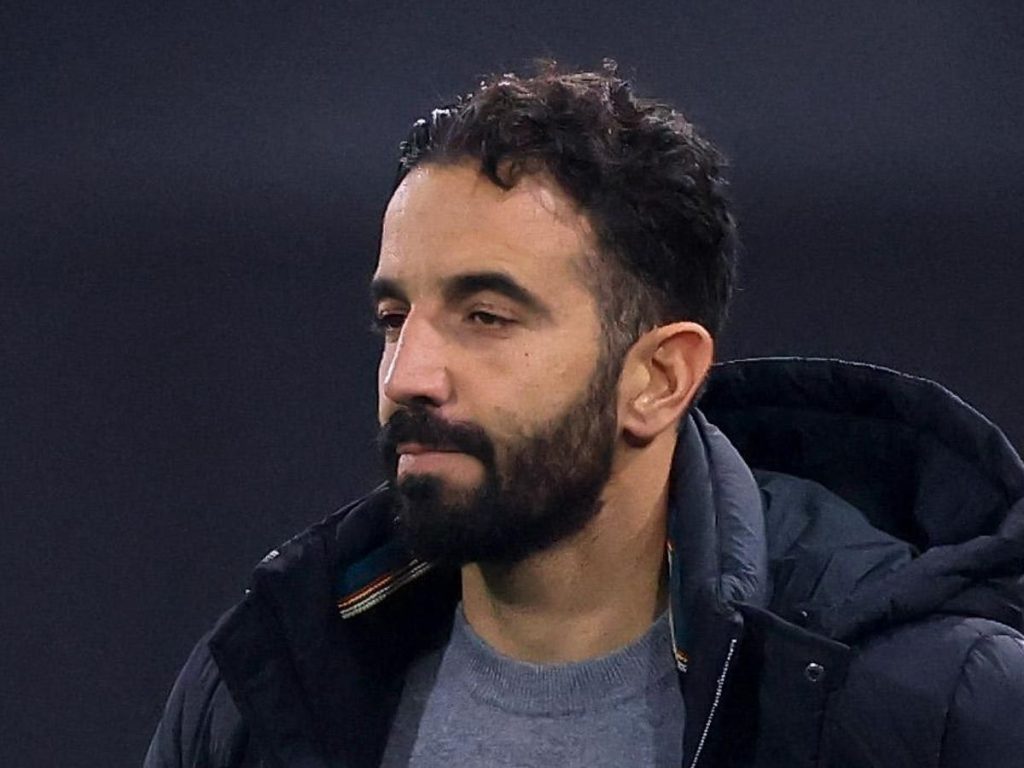Manchester United’s Set-Piece Vulnerability: A Symptom of Deeper Tactical Issues
Manchester United’s struggles with defending set pieces have become a glaring weakness, exposing deeper tactical and systemic issues within the club. In 2024, they conceded a staggering 17 goals from set-pieces in the Premier League, their highest number in a single calendar year in the competition’s history. This vulnerability, highlighted by recent losses against Wolverhampton Wanderers and Bournemouth, has intensified scrutiny on manager Ruben Amorim and his coaching staff. While not solely responsible for the entirety of this defensive fragility, Amorim has inherited a team seemingly incapable of consistently executing basic defensive drills, a recurring theme in the post-Sir Alex Ferguson era. The ease with which opponents exploit United’s set-piece weakness underscores a lack of tactical cohesion and individual accountability that transcends individual managerial tenures.
The susceptibility to set-piece goals isn’t merely a statistical anomaly; it’s a symptom of a broader tactical malaise that has plagued Manchester United for over a decade. The absence of a consistent, identifiable style of play has created an environment where individual brilliance is prioritized over tactical discipline. Amorim’s task is monumental: he must instill a clear, cohesive tactical identity where every player understands their role and executes it consistently, regardless of the in-game circumstances. This requires a level of tactical discipline and collective responsibility that has been conspicuously absent from Old Trafford for years. The set-piece woes are a microcosm of this larger problem, a stark reminder of the fundamental work required to rebuild the club’s tactical foundations.
Amorim, while acknowledging the issue, has deflected blame from his set-piece coach, Carlos Fernandes, emphasizing the collective responsibility of the team. He has stressed the need for improvement but also pointed to missed scoring opportunities as a contributing factor to recent defeats. However, his players, including Lisandro Martinez, have openly expressed frustration with the team’s vulnerability on set pieces, recognizing the significant impact these conceded goals have on game outcomes. The dissonance between Amorim’s emphasis on holistic team performance and his players’ focus on specific set-piece failures highlights the challenge of addressing both the immediate symptoms and the underlying causes of United’s defensive frailties.
The atmosphere surrounding Manchester United is undeniably tense. The weight of expectation at a club of such stature, coupled with recent disappointing results, has created a palpable anxiety among players and fans alike. Amorim has acknowledged this pressure, describing the palpable negativity within the stadium and the difficulty players face in performing under such scrutiny. This pressure cooker environment further complicates his task of implementing tactical changes and instills a sense of urgency that can hinder the gradual process of rebuilding team cohesion and confidence. The negative feedback loop, where poor performances exacerbate fan frustration and further pressure the players, creates a vicious cycle that Amorim must break to restore stability and belief within the squad.
The situation at Manchester United presents a stark contrast to the transformation witnessed at Arsenal under Mikel Arteta. Five years ago, Arsenal was similarly plagued by a vulnerability to set pieces, conceding a league-high 20 goals in the 2019-20 season. Arteta, upon his arrival, recognized this weakness and prioritized its eradication as part of a broader tactical overhaul. He instilled a clear, disciplined system where every player understood their role and responsibilities, both in open play and during set-piece situations. This emphasis on tactical structure and individual accountability transformed Arsenal from the worst set-piece defending team to one of the best, demonstrating the power of a cohesive system in elevating individual performance and overall team success.
Arsenal’s transformation serves as a compelling case study for Manchester United. It highlights the importance of a clear, consistent tactical approach, where individual roles are clearly defined, and players are held accountable for their execution. The success Arteta achieved in addressing Arsenal’s set-piece vulnerability wasn’t merely about improving defending dead-ball situations; it was about creating a culture of tactical discipline and collective responsibility that permeated every aspect of the team’s performance. This is the challenge that lies before Amorim and Manchester United: to move beyond relying on individual brilliance and cultivate a team-wide commitment to a cohesive tactical system, starting with the seemingly simple, yet often overlooked, art of defending set pieces.















